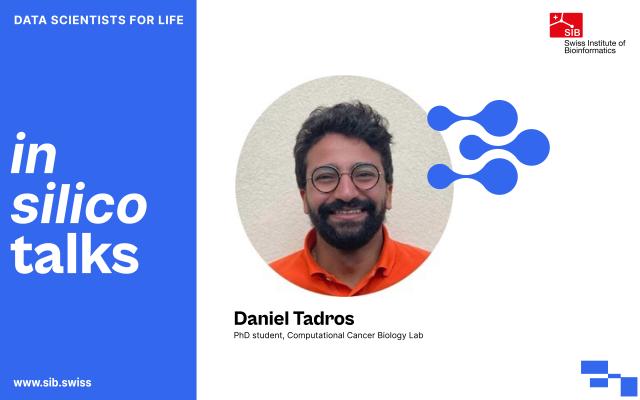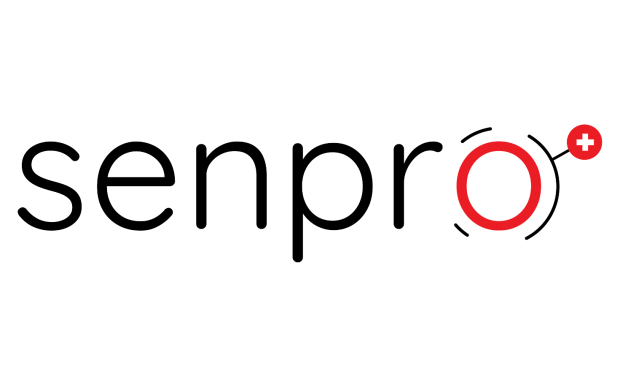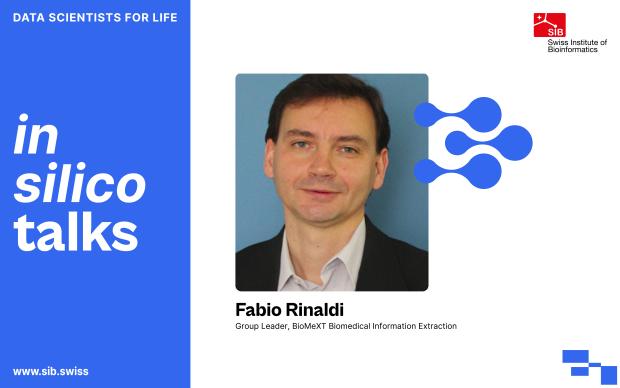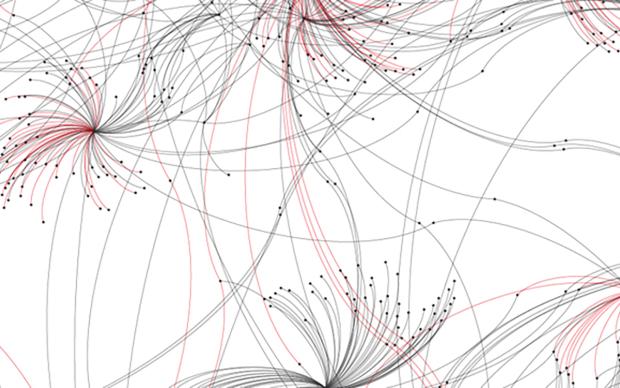A database using machine learning to decipher peptides for T cell recognition

Proteins of the Major Histocompatibility Complex (MHC) have a crucial role in immune responses by presenting peptides for T cell recognition. These peptides are thus highly important and promising therapeutic targets for vaccines and immunotherapy. In this in silico talk, Daniel Tadros presents the MHC Motif atlas, a database trained on large mass spectrometry datasets with machine learning to illuminate the black box for visualizing and interpreting MHC’s protein binding specificities. The database was developed in the group of SIB’s David Gfeller, a collaboration between Simon Eggenschwiler and Daniel Tadros.
About the in silico talks series – The latest in bioinformatics by SIB Scientists
The in silico talks online series aims to inform bioinformaticians, life scientists and clinicians about the latest advances led by SIB Scientists on a wide range of topics in bioinformatics methods, research and resources. Stay abreast of the latest developments, get exclusive insights into recent papers, and discover how these advances might help you in your work or research, by subscribing to the in silico talks mailing list.
Due to the high polymorphism of MHC molecules, different MHC proteins display different binding specificities. Researchers capitalized on large datasets to train machine learning tools to predict MHC ligands. However, MHC ligand prediction tools are often used as black boxes and do not provide explanations on why a peptide gets a good or bad score. The MHC motif atlas now provides an opportunity to better interpret these results and better understand binding properties of MHC ligands
If you are interested in cancer immunotherapy and vaccine development as well as the use of machine learning for this, then this talk is for you!
Reference(s)
Tadros D.M. et al. The MHC Motif Atlas: a database of MHC binding specificities and ligands. Nucleic Acids Research. 2023;gkac965. doi:








